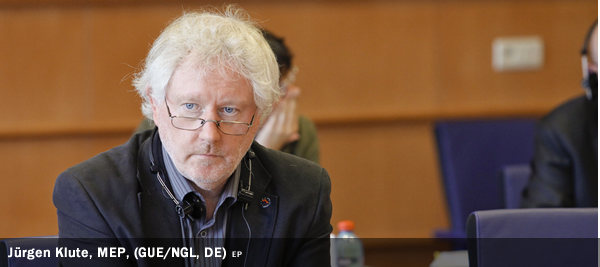Everyone legally residing in the EU must have the right to open a basic payment account, and this right should not be denied on grounds of nationality or place of residence, said the Economic and Monetary Affairs Committee amending a draft law to this end, Monday, in Strasbourg.
Fees and rules for these accounts should be transparent and comparable. The text, approved by a large majority, will be put to a plenary vote in December before being fine-tuned with EU member states.
“The payment accounts directive will represent considerable progress for consumers in most EU member states. Banks should not be entitled to exclude citizens from society by denying them access to regular payment services. In times where banks are forced to look for profit in retail banking, it is also vital to enable consumers to compare fees and switch accounts easily when they find better offers”, said Jürgen Klute (GUE/NGL, DE), the leading MEP, after the vote.
A payment account with the basic features that enable consumers to open and put money on a payment account, withdraw cash and execute payment transactions within the EU, , but not including any overdraft facilities, should be offered by all payment service providers as a part of their regular business. All EU member states should ensure that an application for a payment account cannot be refused if a person has a genuine link to a member state where he or she applies to open such an account.
Anyone who opens a payment account should be able to understand its fee structure and to compare account offers – this information should be clear and standardised across the EU. MEPs proposed that in each EU member state there should be at least one independent website comparing the fees charged and interest paid by banks, together with their levels of service. Customers should be able to switch between banks located in the EU for a reasonable fee. Banks should keep all payment account details up to date, and be held liable for any delays or resulting losses, adds the text.
The rules should be voted by the full house in December with a view to starting negotiations with EU member states to fine-tune the law.
